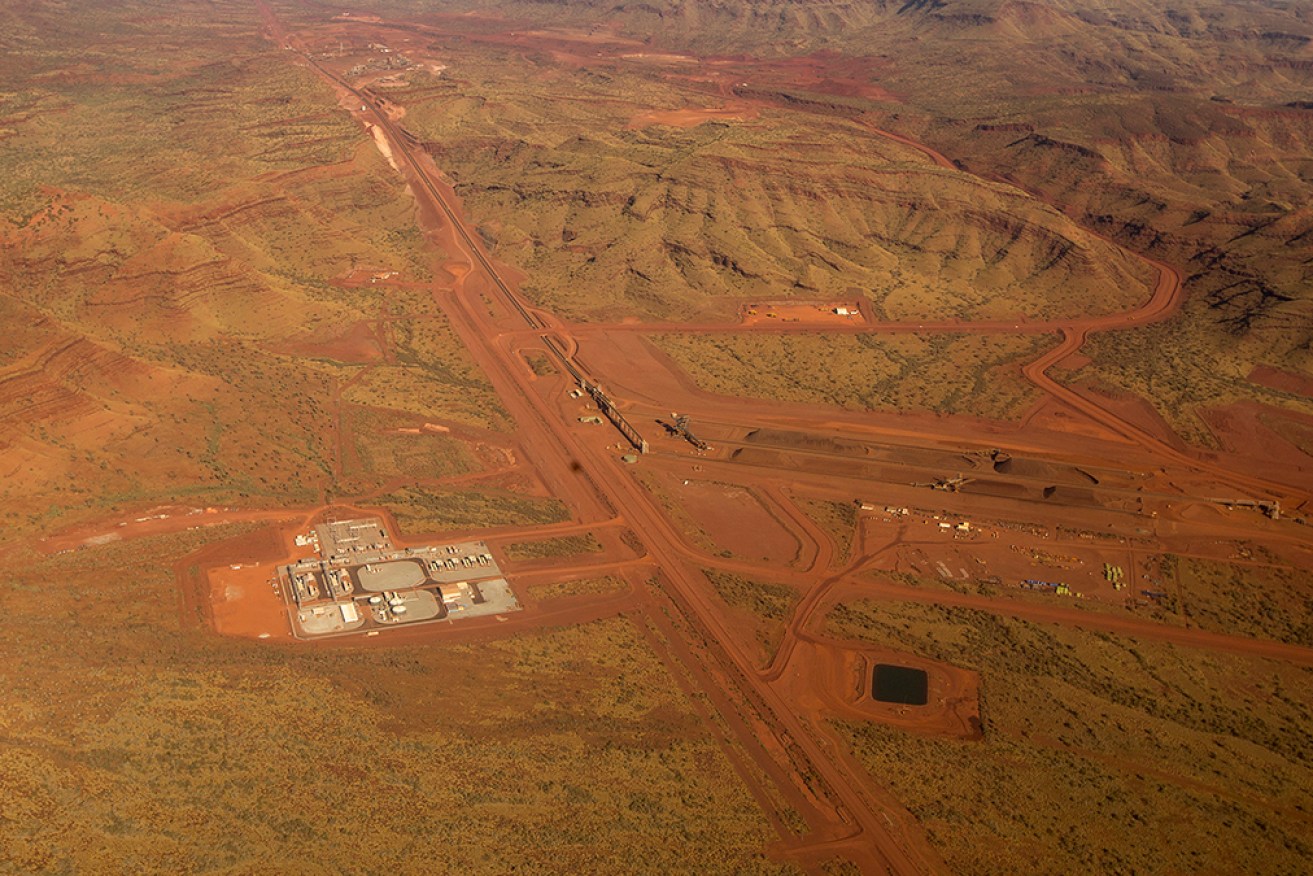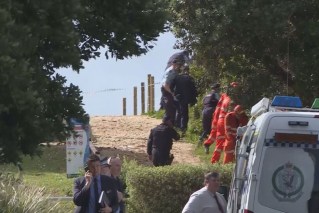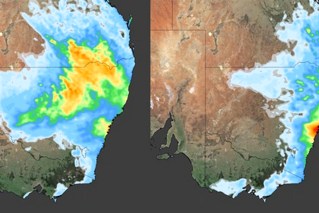Yindjibarndi people entitled to compensation but questions remain in Fortescue case

Fortescue says the Yindjibarndi claim should not be treated as a rehash of a native title claim. Photo: AAP
The Yindjibarndi people are entitled to compensation for mining on their lands in Western Australia’s north-west but questions remain over how payments should be calculated and delivered, the Federal Court has been told.
The native title owners have been engaged in a protracted action against the WA government and the Fortescue Metals Group over the company’s Solomon iron ore hub in the Pilbara, which is expected to continue operations until at least 2033.
They argue the mine has affected close to 250 significant sites, including the destruction of a rock shelter with evidence of human occupation dating back 40,000 years.
Other sites showed evidence of some of the oldest human occupation on the Australian continent.
The government has argued for the claim, under native title legislation, to be dismissed and for the Yindjibarndi to make a fresh application under the Mining Act.
On Wednesday, Fortescue presented a similar case.
“The claim is for compensation. It is not, and should not be treated as a renewal or rehash of the claim for the determination of native title rights and interests,” Fortescue said in written submissions added to the court file.
“The evidence (the Yindjibarndi) proposes to adduce seems to extend beyond demonstrating the loss or other effect caused by the grant of the mining tenements.”
Outlining the case for the Yindjibarndi in Roebourne on Monday, Vance Hughston SC said Fortescue’s operations had caused devastating destruction, impacting on about 250 significant Aboriginal sites.
He said the Indigenous owners were entitled to compensation for economic loss, which could be the responsibility of Fortescue or the government, and also for cultural or spiritual loss.
On the question of economic loss, Fortescue said the traditional owners’ entitlement to compensation should be determined by valuing their native title rights and interests.
But the company said that would be capped based on the freehold value of the land subject to the mining leases.
It said compensation for cultural loss should be set at an amount considered fair and just under Australian community standards.
“The monetary value of cultural loss could never be determined by considering what other mining companies may have been prepared to pay in a commercial agreement for mutual commercial benefit in different circumstances,” Fortescue said.
“Any mining companies’ preparedness to pay an amount connected to the production of the minerals from their mining tenements cannot be used to value appropriately, fairly or justly the loss of spiritual connection to land.”
The Yindjibarndi were awarded exclusive native title rights to their land, including where the Solomon hub sits, in 2017.
Fortescue began mining in 2013, but could not reach an agreement with the registered native title holders.
The hearings in Roebourne have been set down for two weeks. On Monday next week, the court will also visit the mine site.
13YARN 13 92 76
Aboriginal Counselling Services 0410 539 905
-AAP








